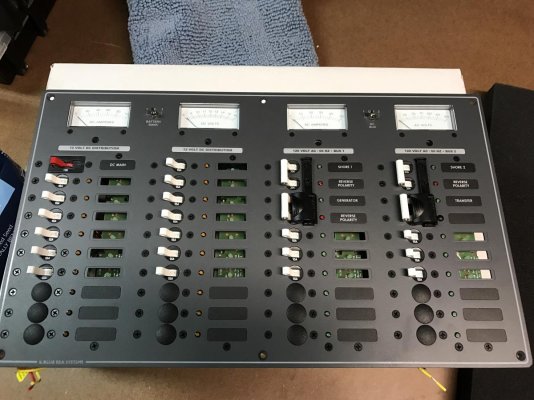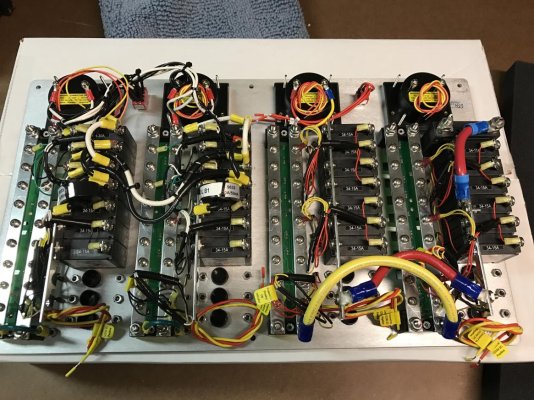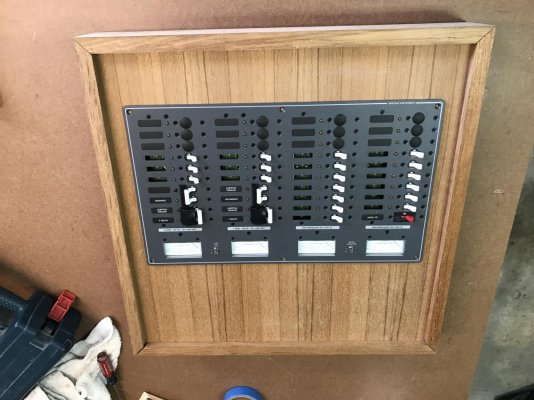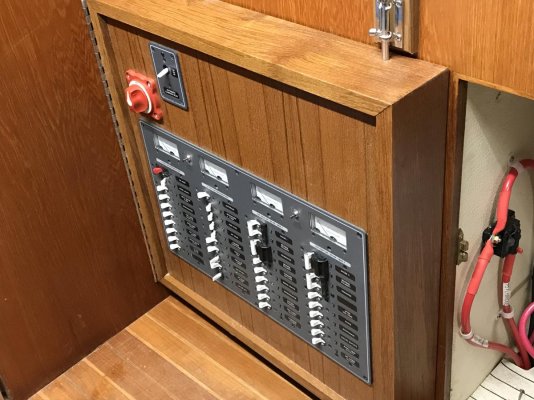- Joined
- Aug 29, 2012
- Messages
- 2,680
- Location
- Good Ol' US of A!
- Vessel Name
- Pau Hana
- Vessel Make
- 1989 PT52 Overseas Yachtfisher
I think what you say is accurate, I also think the pendulum will swing to cherry picked insuring forcing more people to do what was not previously required.
I reviewed the survey and in my case I agree with the surveyor and insurer, these were safety item recommendations. Noted also was that some were mentioned in a 3 year old survey and which were ignored, items mentioned again brought forward.
Perhaps insurers are starting to see that once insured recommendations are ignored, and now they will look for them to be done before insuring. A new trend coming?
I don’t think a new trend is coming. Most insurers require that a survey recs compliance form be signed and on file- this form states that the insured will comply with completion of the critical survey recs in a timely manner (recs required by the USCG, safety, and those recs that pose an immediate threat to the vessel or the safety of people onboard). If a claim occurs as a result of a critical survey rec not being completed, the claim can be declined.
This has been standard practice for years.







